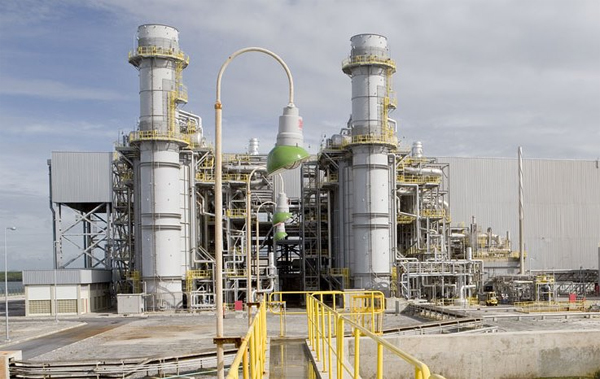
Rebecca Gompertz, Argus
SAO PAULO
energiesNet.com 04 13 2022
Brazil expects to keep thermal dispatch this year much lower than last year, enabling the use of the lowest cost power sources, except for some higher cost emergency power that was contracted during last year’s drought, according to grid operator ONS.
Thermal dispatch will average of 4,000-6,500MW for the rest of 2022, according to ONS, compared with a peak average last year of 20,000MW.
The 2022 forecast includes 775.8MW contracted last year during an emergency power auction, before the country’s water storage for hydro power was replenished. Market participants criticized the auction for inflexible contracts that require thermal plants to dispatch contracted power regardless of the cost. The auction had an average unitary cost of power of R1,619/MWh ($340.75/MWh) for natural gas plants. Currently, with heavy rains in the first quarter of the year, the Brazil power calculated spot price is R55.70/MWh.
After an unusually wet rainy season, Brazil’s reservoir levels have recovered to well above last year, when an historic drought led to a power crisis in the country. ONS expects to reach an average water storage level for the country at 40-61pc of the long-term average by the end of November — the end of Brazil’s dry season. Southeastern and mid-center region reservoirs, the most significant ones in the country, are expected to reach levels at 40-63pc of average.
The grid operator does not anticipate it will need to dispatch power outside of the computer-calculated “merit order” for price — dispatching from the cheaper source up to the most expensive one, until demand is met — for the rest of the year.
ONS also expects to maintain the current lowest surcharge rate for regulated power market consumers for the rest of the year. The government recently announced a reduction in surcharges for regulated market power consumers effective on 15 April. The extra charges dates to mid-2021 to cover costs of thermal power generation needed to complement last year’s drought-stricken hydropower generation. The measure is expected to reduce domestic consumers’ power bills by 20pc in this election year, and a R10.5bn loan is already in place to cover part of those extra charges, with payments due to start in 2023, under the next federal administration.
argusmedia.com 04 11 2022












